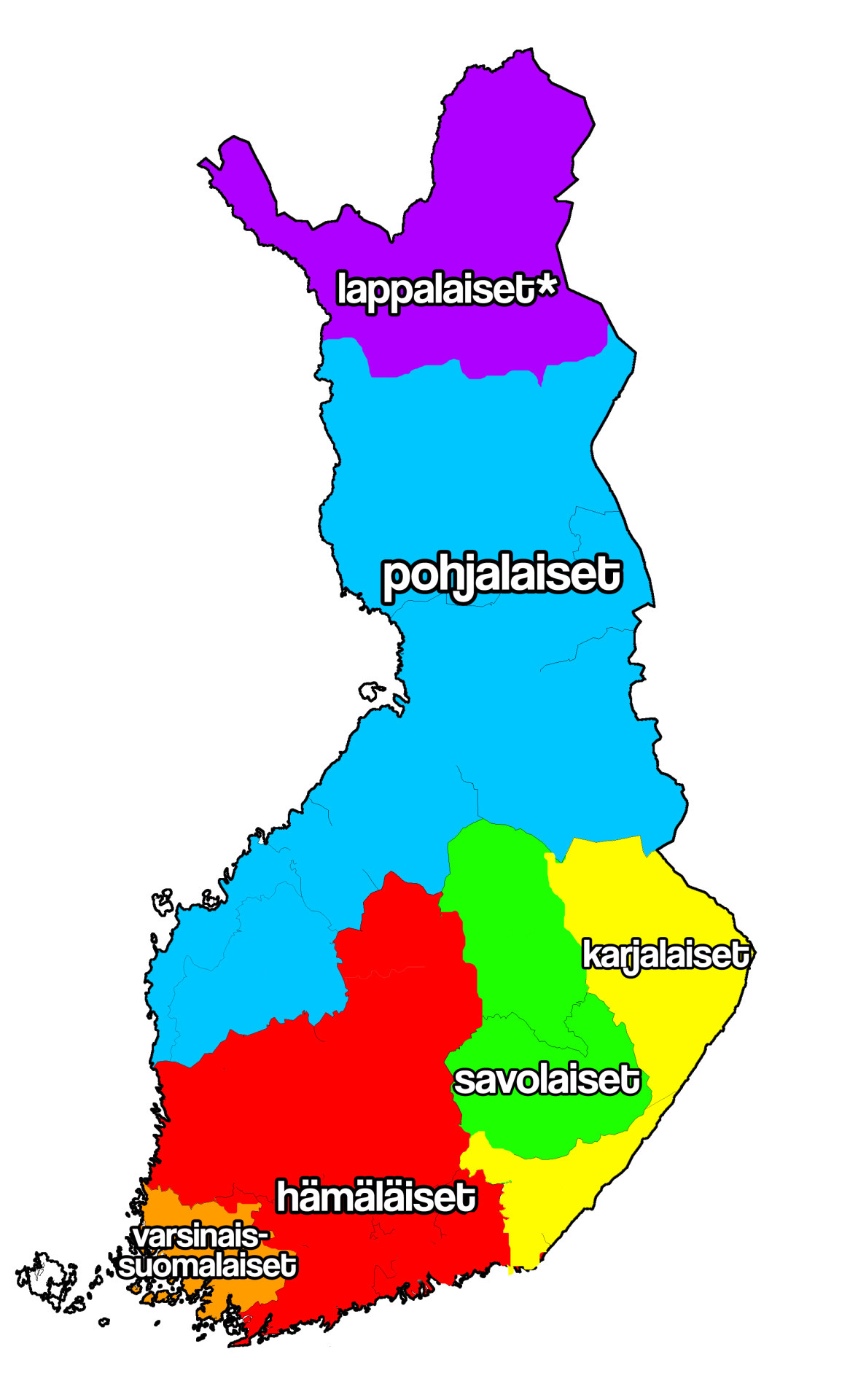There's probably a lot of academic work on Finland and Finnish history but I'm out of my depth here. I can recommend historian Ainur Elmgren who studies Finnish identity, also Turkic and Tatar ethnic groups, intetesting stuff:
Imperial Complicity: Finns and Tatars in the Political Hierarchy of Races

Sorry I don't have enough details on that to give a satisfying answer. But the newest government is planning sweeping cuts to save money across the board.
Here are the biggest cuts planned by Finland's new government (YLE/Finnish state media)
https://yle.fi/a/74-2003730417 June 2023
Petteri Orpo's (NCP) government has set itself a primary target of improving the Finnish economy. This means curbing the increase in central government debt.
Finland's national debt has been growing since 2008. According to the European Commission, Finland was the only EU country where the public debt-to-GDP ratio rose last year.
That said, Orpo's National Coalition Party only invited parties to form a new government that pledged to seek a six-billion adjustment to Finland's economy. This target is based on Ministry of Finance calculations aimed at finding a way for Finland to manage its debts and maintain the welfare state's services in the long term.
The government programme published on Friday includes an extensive list of cuts. The new administration is also implementing structural reforms aimed at generating savings. Getting more people into jobs is further expected to boost the economy.
The government plans to both raise and lower taxes, saying it believes that reducing income tax will strengthen employment and, through that, bring some savings and tax revenues.
Finland will see cuts totalling over four billion euros. These cuts are primarily targeted at areas where the government's largest expenditures lie, such as social and healthcare services.
In the long term, spending on social and healthcare services would decrease by two billion euros from current levels. This includes, for example, delaying the tightening of "healthcare guarantees" (access to care) and staffing requirements.
There are also plans to cut social security benefits by 1.2 billion euros. A further 0.5 billion euros would also be cut from expenses tied to indexing.
Structural measures would, according to the government, save a further 1.85 billion. Increasing employment would strengthen the economy by an additional 1.1 billion euros.
Orpo has said the planned cuts won't impact the most vulnerable in society. Social benefits for retirees will not be cut while there will be some increases in support for families with young children. Instead, the government is targeting significant cuts to unemployment benefits, housing allowances and social security benefits. Savings are also planned in social and healthcare services.
Main savings areas highlighted in the government programme:
Some significant savings areas include:
I think the healthcare system is under quite a lot of pressure from a chromic shortage of staff, and underpaid staff which they do have. So the nurses have gone on strike more than once.
Unemployed benefits are being reduced too, using usual tricks like means testing. I think this will also affect the pensions program which will get progressively chopped down like US social security.